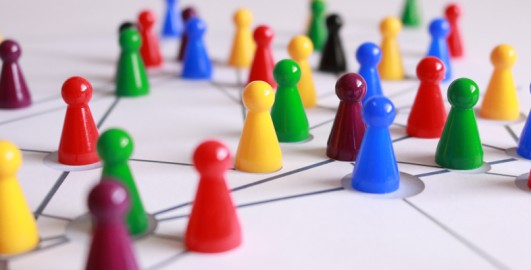2.2 Why is teamwork a ‘soft skill’?
When you are applying for a job, employers often refer to your ‘hard’ and ‘soft’ skills. The hard skills tend to be the job specific, or technical skills that you have gained from education, training or previous roles. An example of this might be your ability to use Excel spreadsheets.
Soft skills, on the other hand, are more related to your personal qualities and attitudes, and can be harder to define and evidence. They are the skills that can help you work well with others and make a positive contribution to the organisation you are working for. These include communicating, organising skills and teamwork.
It’s useful to pause a moment here to note that while many employers do still use this terminology, there is a growing view that referring to these vital skills as ‘soft skills’ is inaccurate. Pontefract (2023) complains that ‘this designation fails to reflect the true significance of these skills accurately and uphold the fallacious idea that they are less important than hard skills.’ He suggests that ‘professional skills’ would better reflect their importance and impact. Purcell (2022) suggests ‘essential skills’ or even ‘power skills’.‘Human skills’ is another commonly used alternative (Lewis, 2021), especially relevant in the context of a growing emphasis on artificial intelligence in the workplace. While the debate will no doubt continue, the important thing to be aware of is that skills such as teamwork are highly valued by employers in the workplace.
Next you will consider what distinguishes a team from a group.

